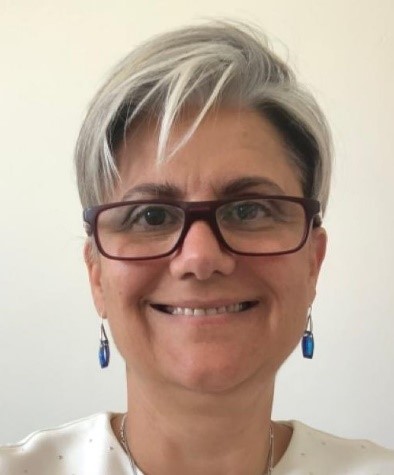
Description of the course
This course starts with defining teams in
layman’s terms. Then an academic definition is provided. It aims to explain the
differences between teams and groups, two concepts that are sometimes used
interchangeably. Moreover, the course provides two different models of team
development. It argues that teams have become very popular in the workplace and
discusses the reasons for the rising popularity of teams. In the last part of
the course, traditional and contemporary challenges in teamwork are explained.
Learning
Outcomes - What will I learn from this course?
At the end of this session, participants will be able
to:
· Define teams,
·
State the
differences between teams and groups,
·
Comprehend
the stages of team development,
·
List the
reasons for the recent popularity of teams,
·
Explain the
traditional challenges of teamwork,
·
Convey the
contemporary challenges of teamwork.
Why should I take this course?
You should take this course if you want to
·
Have more
knowledge about teams and teamwork,
·
Understand
the difference between teams and groups,
·
Identify the
reasons for the recent popularity of teamwork,
·
Understand
how teams develop, and
·
Learn the
traditional challenges in teamwork.
Subject
Headings
·
Definition
of teams
·
Differences
between teams and groups
·
Stages of
team development
·
Reasons for
the recent popularity of teams in the workplace
· Traditional challenges experienced in teamwork
Do you have
a proficiency certificate related to the course?
No. But I have taught
this course many times in different formats.
Target
audience of the course
Anyone who is
interested in learning about teamwork – beginner level.
Who should
take this course?
Students in secondary and higher education; people who need to work in teams.

Kadire Zeynep Sayım (BSc, MA, MBA, Ph.D.) is an Associate Professor in Human Resource Management at World Peace University in Nicosia, Turkish Republic of Northern Cyprus (TRNC). Her main research interest is in the broad field of international employment relations, with a particular focus on the interaction between cross-border policy transfers in multinationals, national employment systems, and micro-level influences in less-advanced countries. She has also published and taught in the areas of teamwork, role-playing, and careers. Her work has appeared in journals such as Human Relations, International Journal of Human Resource Management, International Journal of Forecasting, Technological Forecasting, and Social Change, Transfer: European Review of Labour and Research, and Innovations in Education and Teaching, among others. She lived and worked in Turkey, the Netherlands, and Mongolia before coming to the TRNC.
Awards and recognitions
1. Chevening Scholarship, received from the British Government, for MA in Training and Human Resource Development program at the University of Warwick, United Kingdom. 1995-1996.
2. Best Paper Award at Industrial Relations in Europe Conference (IREC). University of Greenwich, London, UK. 23-25 June 2008.
3. “Prof. Muhan Soysal Innovativeness in Management Education” Award, Middle East Technical University, 2003.
Personal/Professional Achievements
1. “German multinational corporations and the management of human resources in Turkish subsidiaries: transfer of policy and practices”, funded by TÜBİTAK (The Scientific and Technological Research Council of Turkey) National Young Researchers’ Career Development Programme (3501 Kariyer Programı). 2009-2012. Equivalent to approximately US$ 90,000 (142,041TL).
2. “Organization and regulation of employment relations in transnational production and supply networks – ensuring core labor standards through international framework agreements?”, funded by Hans‐Boeckler‐Foundation under Grant No. 2008‐141‐2, administered by Prof Michael Fichter & Jörg Sydow, Freie Universität, Berlin, Germany. 2009-2010. 14,000 Euro.
3. TÜBİTAK (The Scientific and Technological Research Council of Turkey) Support Fund for Attending International Scientific Activities (2224-Yurtdışı Bilimsel Etkinliklere Katılma Desteği Programı), US$ 1,000. 2012.
Teamwork: All pros, no cons?
No Review found